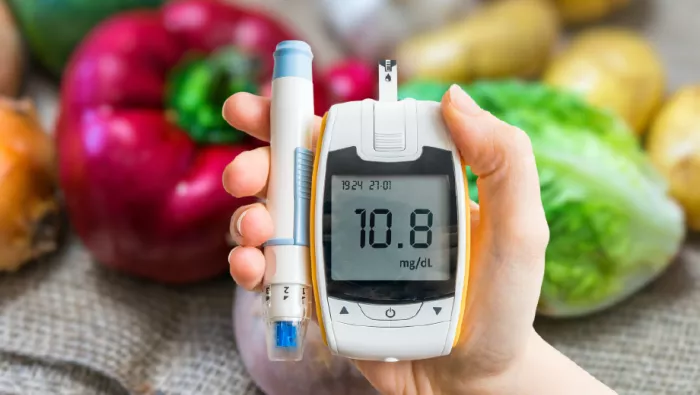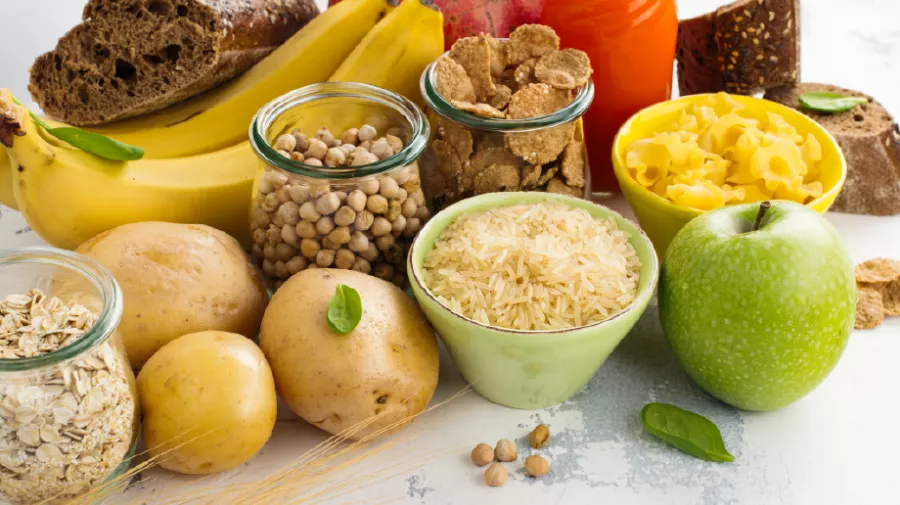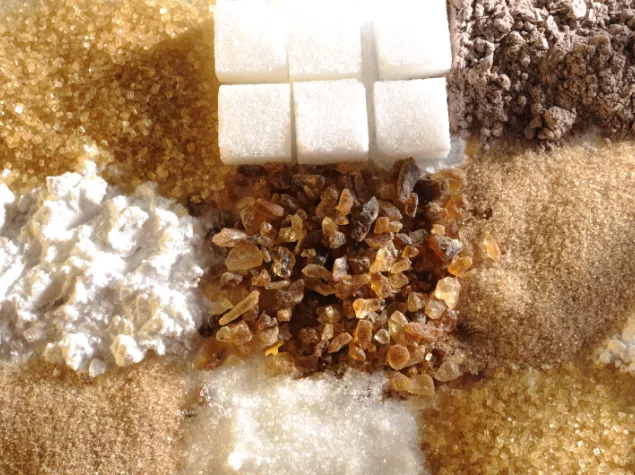
This content has been reviewed by Dr Duane Mellor, Aston Medical School, Aston University, Birmingham, UK.
Diabetes facts and figures
Diabetes is a leading cause of death worldwide, with currently 1 in 11 adults living with diabetes globally (1). There are two main forms of diabetes, Type 1 and Type 2. Type 1 diabetes mellitus (T1DM) is an auto-immune disease resulting in a lack of the hormone insulin. Diet, individual foods or ingredients are not associated with the development of T1DM (2). Type 2 diabetes mellitus (T2DM) is the most common form, accounting for around 90% of diabetes cases worldwide (3).
Pre-diabetes
In the early stages before T2DM develops and can be diagnosed, known as pre-diabetes, the body’s cells become less sensitive to insulin’s signal for glucose to move from the blood into the body’s cells to be used as energy. This is called insulin resistance. Blood glucose levels therefore remain high after eating carbohydrates (higher than the normal range). As a result, the pancreas produces more insulin to help lower blood glucose. If steps are taken to manage blood glucose in pre-diabetes, including following a healthy diet and lifestyle, T2DM can be delayed or prevented (4). For individuals with prediabetes, losing a small amount of body weight (5-7%) if overweight, and getting regular physical activity, can lower an individual’s risk for developing T2DM (5).
Diabetes
If steps are not taken to prevent progression of pre-diabetes to T2DM then, over time, this increased demand for insulin can damage the insulin-producing β-cells in the pancreas. The pancreas is unable to maintain enough insulin production. Consequently, blood glucose levels are not correctly controlled and become too high (6). Untreated or inadequately managed T2DM can affect many major organs, including the heart, blood vessels, nerves, eyes, and kidneys.
There are various risk factors for the development of T2DM, these include:
- excess body fat and obesity [research suggests this is the biggest risk factor (7,8)],
- smoking,
- family history,
- genetics,
- ethnicity,
- high blood pressure,
- increased age.








